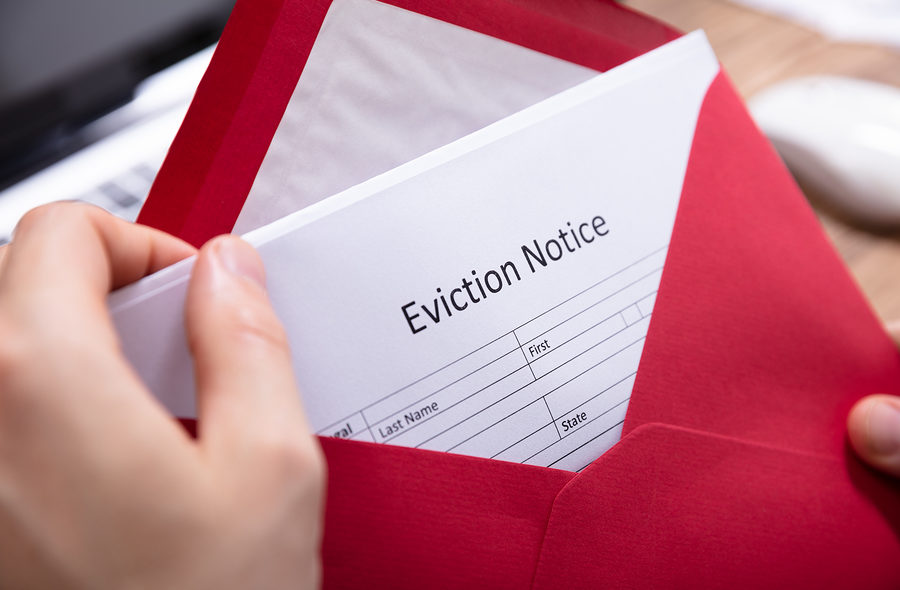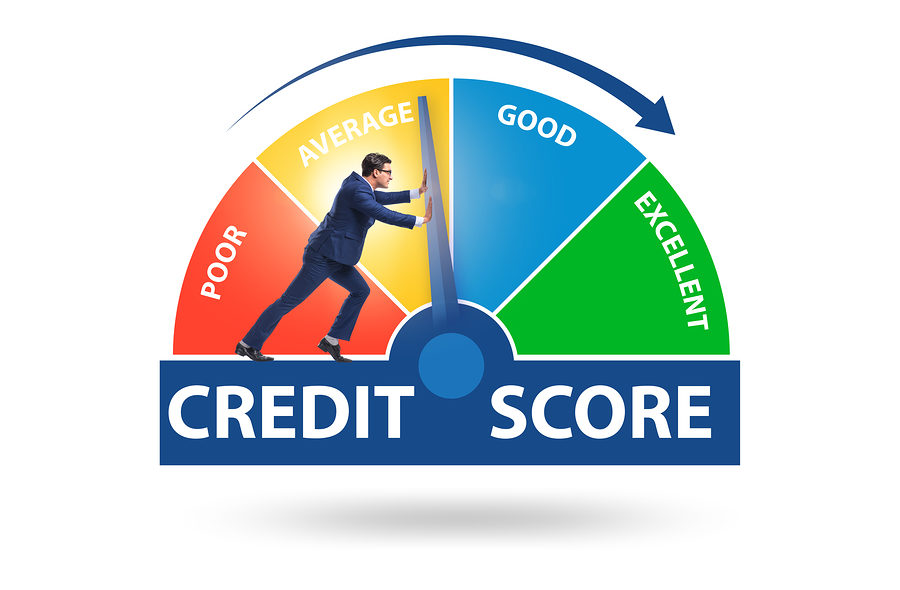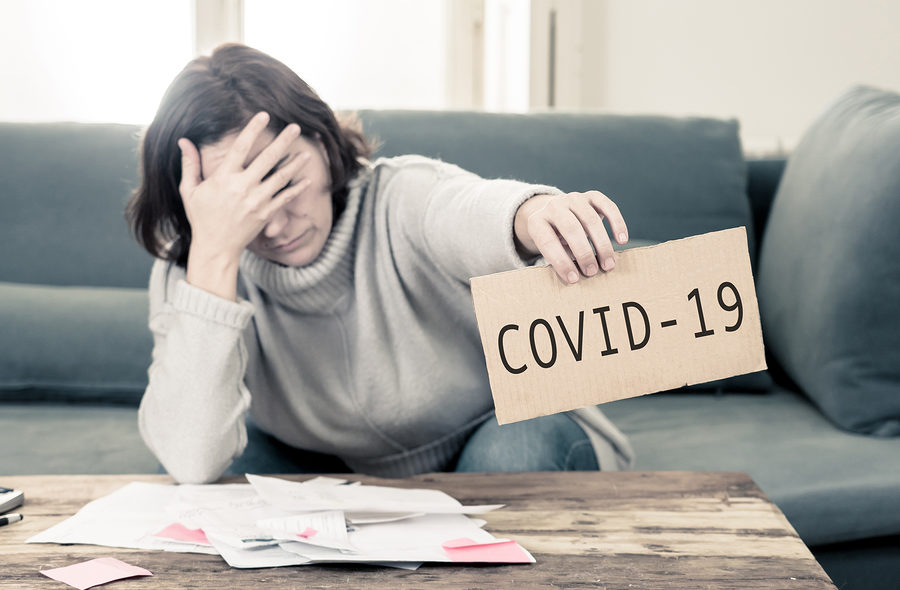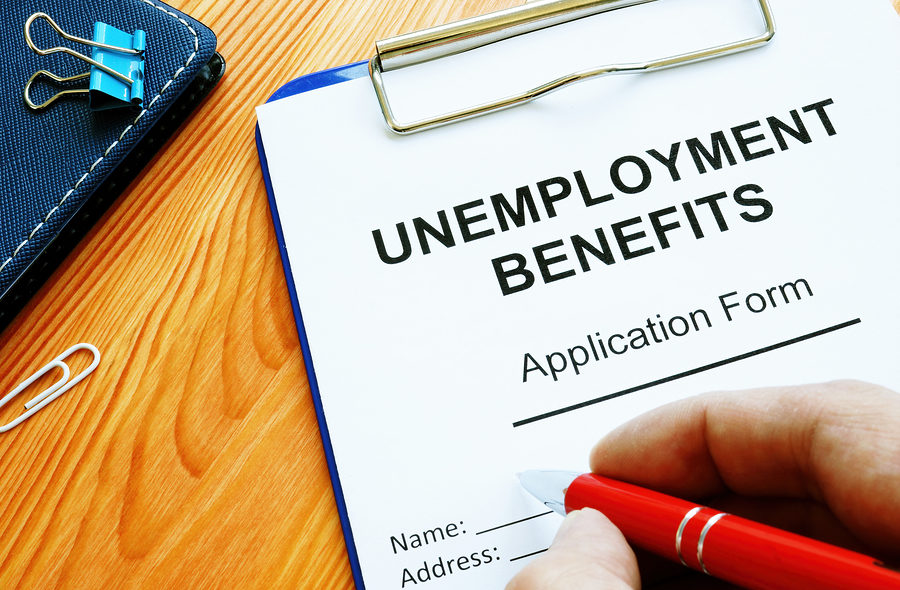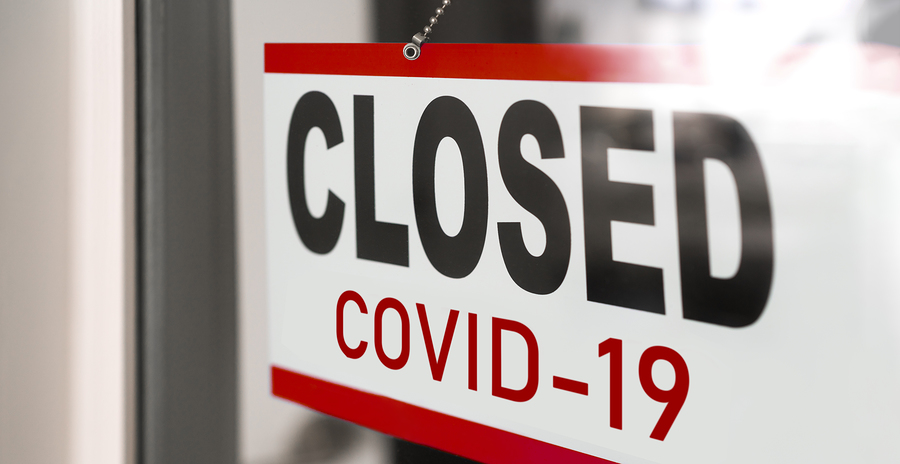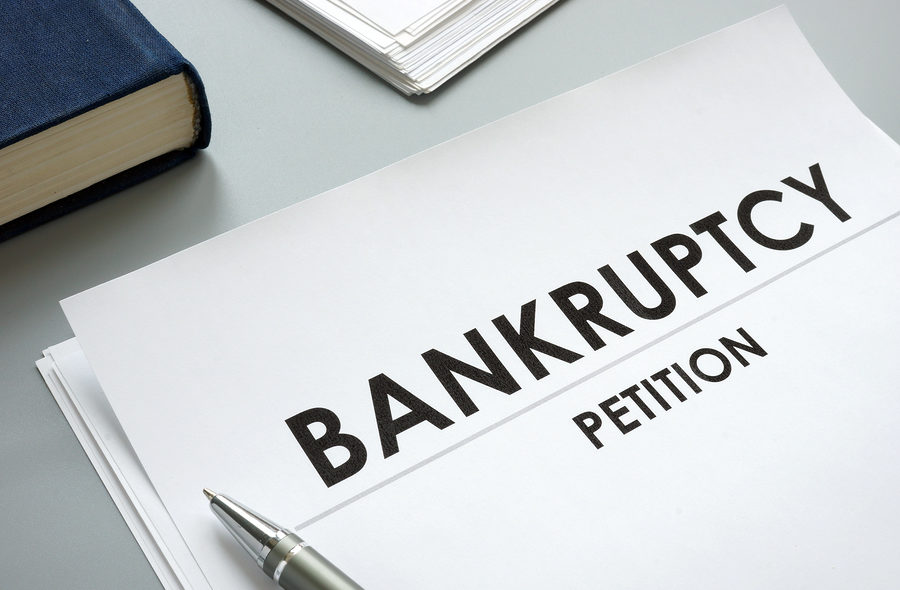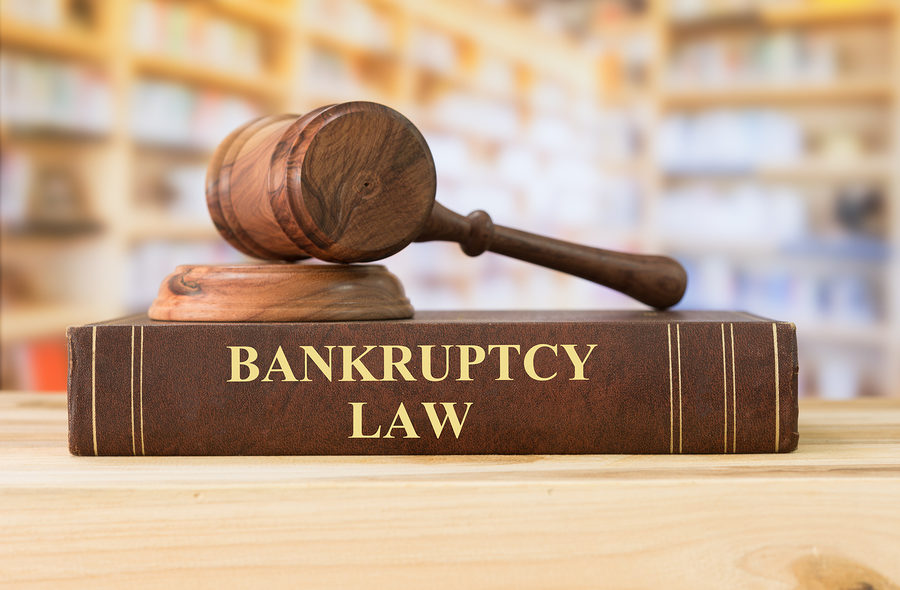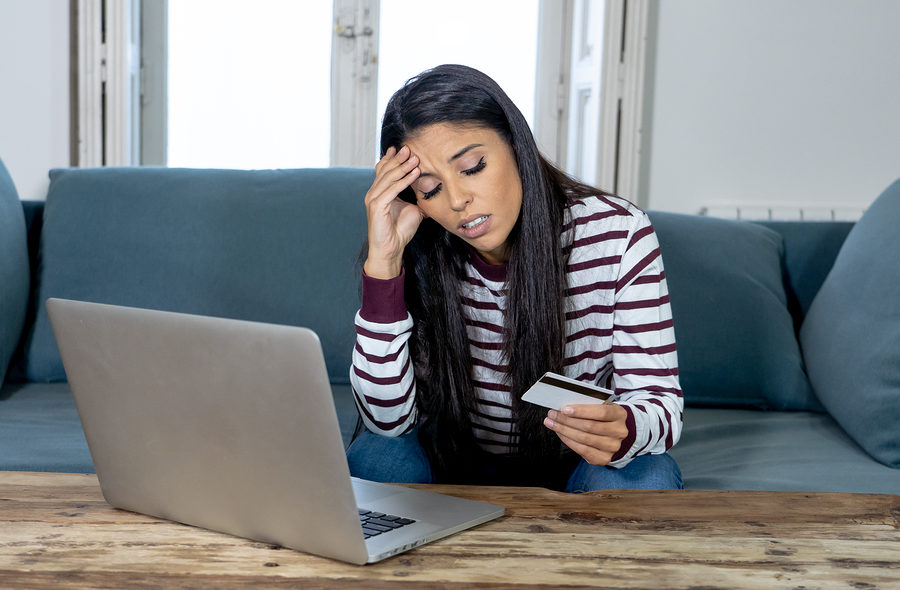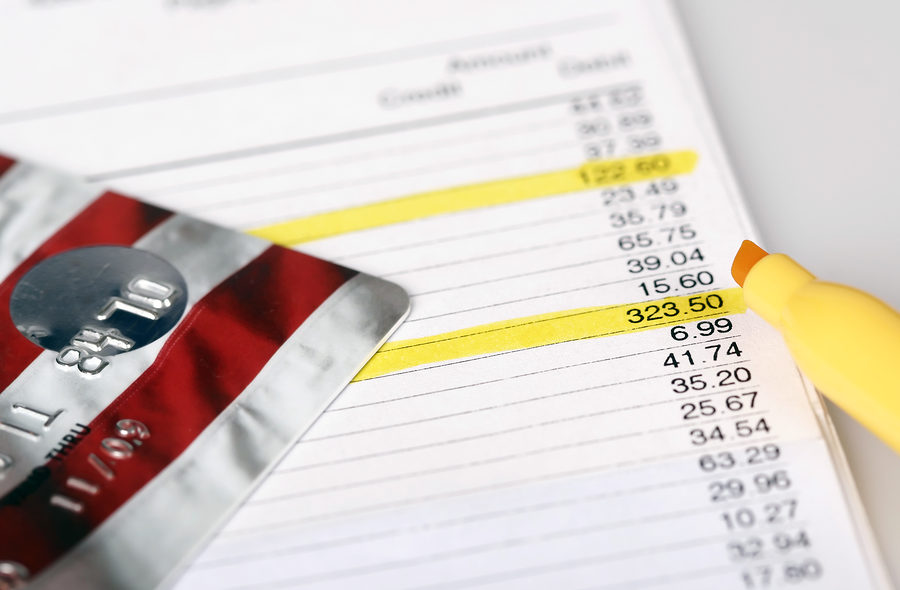As the coronavirus has put hundreds of thousands of Americans out of work, many are struggling to pay necessary living expenses, including rent and mortgage payments. At the start of the pandemic, many states, as well as the Federal Housing Finance Agency (FHFA) issued a temporary ban on foreclosures and evictions to help alleviate this burden.
This week, the FHFA has announced that they will be extending this ban on foreclosures and evictions through at least August 31.

